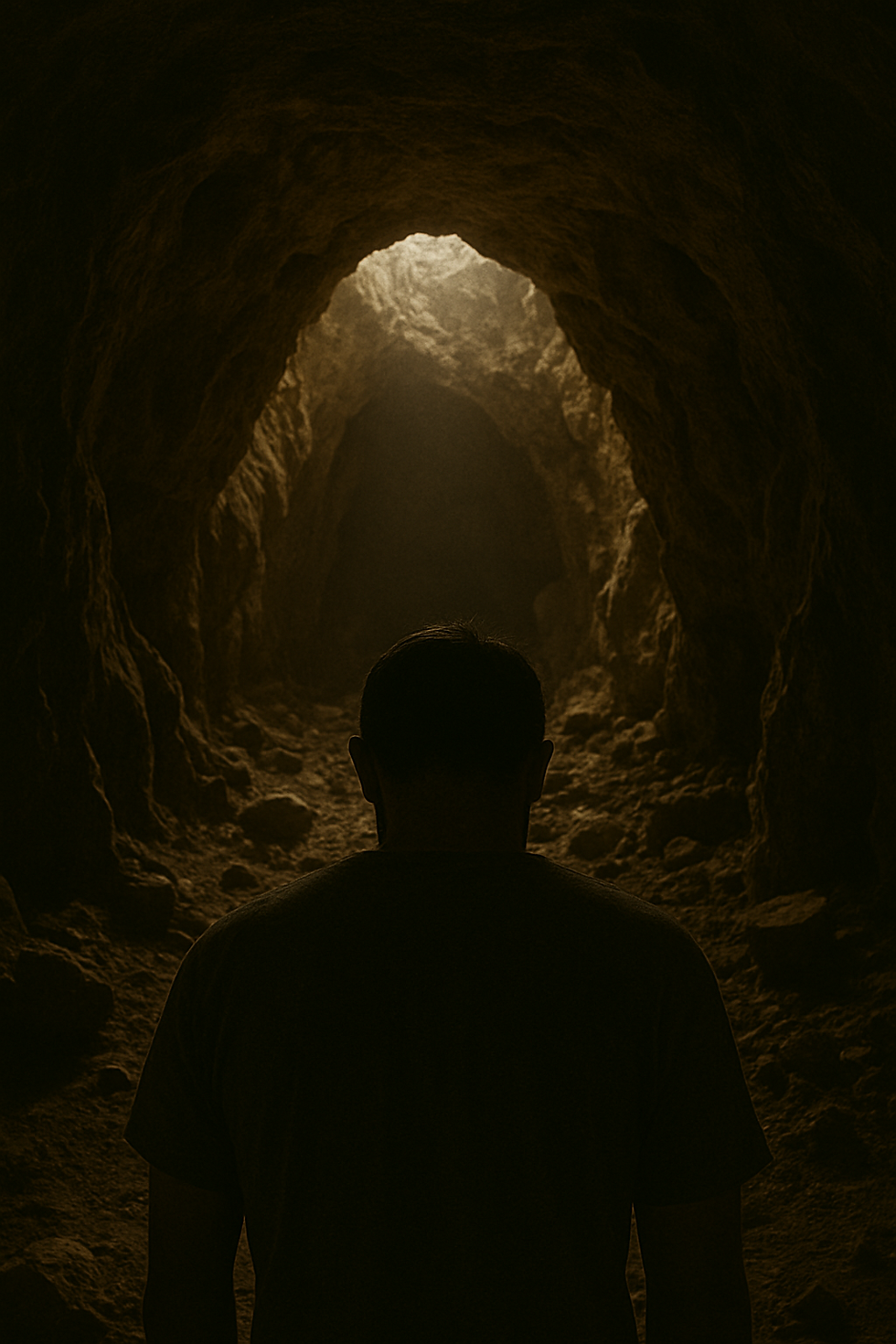Richard Shuttleworth - Creating Safe Uncertainty
- Jack Fleming
- Aug 12, 2020
- 3 min read

Richard Shuttleworth has over 20 years in coach education and experience in elite level sport, focusing towards skill adaptation. He has worked at the AIS,Super Rugby franchises, NRL, Football Federation Australia and Australian Rules clubs. He was the High Performance Coach Development Consultant for England Rugby. Richard currently freelances Europe and Australasia across a range of Olympic and World Cup individual and team based sports within high performance and development. BSc (Coaching Science), MSc (Sport Psychology) and PhD (Skill Acquisition).
All notes are my own interpretations, all powerpoint slides are from Richard's presentations. He is doing great things for the future of coaching.
Where does your practice environment live?

"Acquisition is about absolutes, adaptation is constantly adjusting and ever changing."
What is skill?
Always relative to the person we are looking at and the context.
Constant self regulation and adapting behaviour to the environment.
What can you execute under pressure?
Techniques are not outcomes, they are merely tools to solve problems.
You can get to the same outcome in different ways.
"Learning is finding a way, not 'the' way."
Skills = Awareness, scanning, adaptability, how to engage defenders, deception, disruption.
Movement Patterns = Catch, pass, kick, shoot.
System Capture
Australia - a hard working competitive culture, can hurt their development systems.
There are behaviours, that are merely reflective of the system or environment they are in.
What are the handbrakes and accelerators in your system?
Challenges Facing Coaches
Performance environment - 'to win at the cost of learning and development'
Tradition and culture - 'resist changing our ways'
Top down approach - 'mimic parts of the senior game'
Peer pressure - 'perception from senior coaches, parents, board members'
Time constraints - 'limited amount of time to sell so just tell'
Overly technical - 'at cost of skill and decision making'
Technology - 'over data-fication of learning and performance environments'
Practice Structure Thoughts
Are you having a co-adaptive experience with your players?
Give players toys, but makes sure it's safe for them to throw it away when they don't need it.
Can you justify why you come out of the game?
Do you see improvement when you come back into the game?
Players shouldn't have to 'learn' a drill, it should be a simplified version of the game.

Practice Structure Tools
It's not about being dogmatic, it's about knowing your who and why so you effectively utilise your what and how.
They are tools, just don't live down the far left too often.
Aiming to find that safe zone of uncertainty, put them in the learning pit.

Feedback
The game should be asking the most questions, not the coach.
Feedback is an emerging process based on context and interactions.
Cannot only be when there is a mistake.
Doesn't mean you're irrelevant - can your interventions impact their attention or be curious about their intention?
Learning experiences don't happen in dark rooms in front of projectors, it happens in the moment on the field.
Deliberately say something incorrect- have you created an environment where there is push back?
We don't want to have to wait until half time to solve a problem that happened 15 minutes ago.
How much are you incorporating the full spectrum of information available to your players at your practice? Or are they relying on you only?

The Best of the Best
Eddie Jones
Highly specific used constraints.
Put high amounts of pressure on the skills needed.
Give them harsh love, put them in the deep end but trust they can get through it.
Coaches practice on the run, keeps the game flowing, directs attention where needed.
If a player can do the same skill twice in a row, it's time to change the drill.
Practice looks like tactical warfare, calculated risk taking.
High standards, with assurances and trust.






Comments